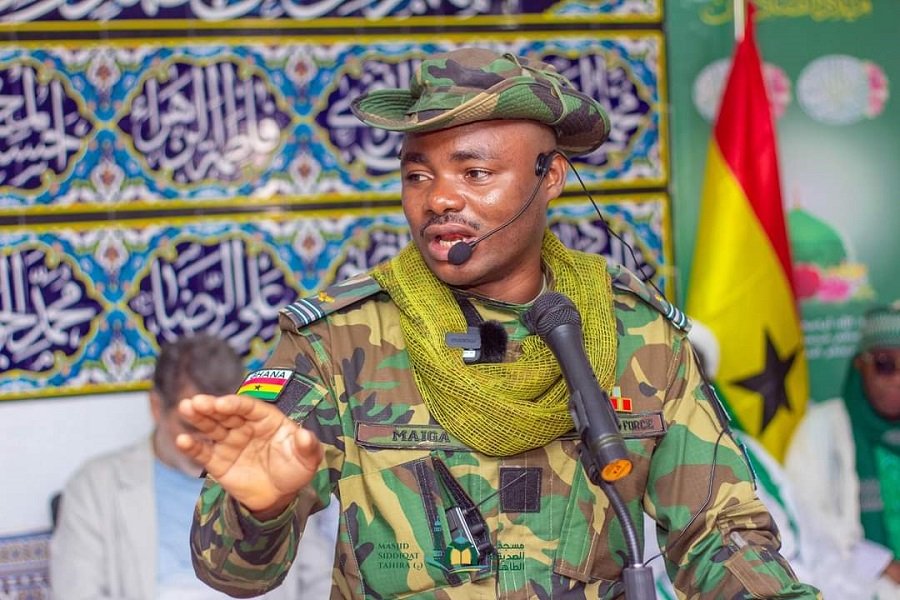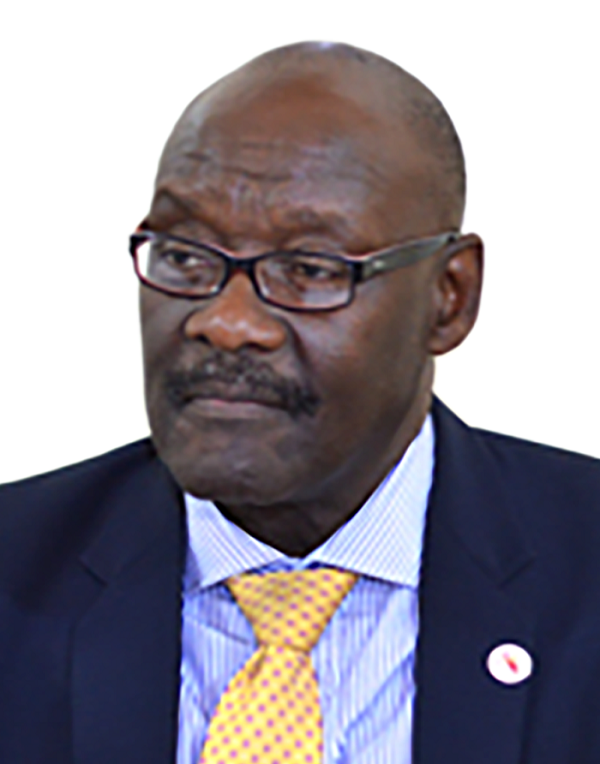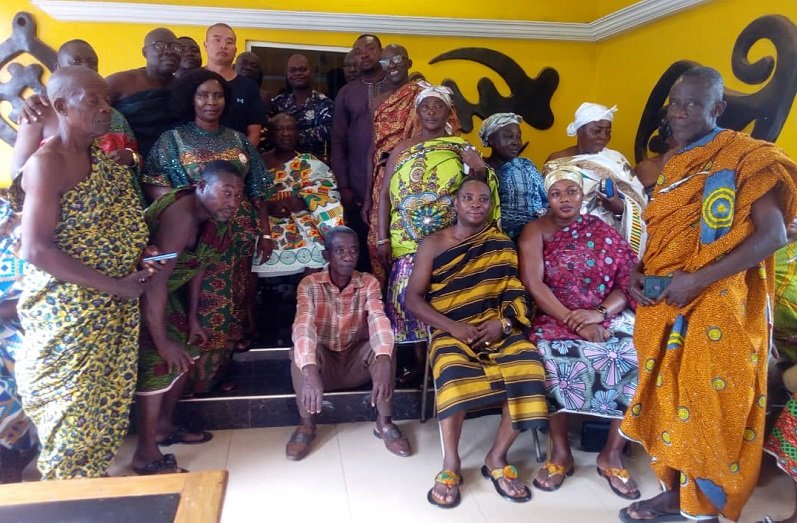ARTICLE AD
Hundreds of delegates from across the world have gathered in Dar Es Salaam, Tanzania, for the 11th Merck Foundation Africa Asia Luminary which kicked off yesterday.
Merck Foundation is a private, charitable organisation established to improve the health and wellbeing of people and advance their lives through Science and Technology.
The two-day event which coincided with the organisation’s 7th anniversary has brought together healthcare leaders, policymakers, and over 6,000 virtual participants to discuss progress in healthcare, education, and sustainable development.
Notably, 15 First Ladies from countries including Ghana, Kenya, Malawi, Cape Verde, Liberia, Zimbabwe, and Mozambique are in attendance, underscoring the conference’s importance for regional cooperation in health and education.
The President of Tanzania, Samia Suluhu Hassan, who inaugurated the programme, highlighted the impact of her country’s partnership with Merck Foundation on healthcare.
In just a few years, she said the country has made remarkable strides in health and education, citing Merck Foundation’s support in training nearly 70 Tanzanian doctors in advanced medical fields.
She expressed hope to deepen the partnership, particularly to advance Tanzania’s efforts toward achieving the United Nations Sustainable Development Goals (SDGs).
President Hassan stated that strengthening partnerships was essential to meet the SDGs, particularly as recent reports show that many targets were lagging.
“As we look to meet these goals, substantial investment and decisive actions are required,” she said.
She also stressed that maternal and child health remained a priority for Tanzania.
According to her, the number of healthcare facilities offering maternal and child services increased from 340 in 2021 to over 523 by the end of 2023, significantly improving healthcare access.
However, she acknowledged that challenges, such as a shortage of specialised medical professionals, persisted.
Merck Foundation she revealed has helped bridge this gap by providing free specialised training in critical areas like cancer, diabetes, and child healthcare.
Praising the NGO’s “Educating Linda” initiative, which promotes girls’ education, she expressed gratitude for its role in empowering young girls across Africa.
“If you educate a woman, you educate a nation,” she added.
The President cited her personal connection to education as the daughter of a teacher, stressing that education, along with perseverance and patience, enabled women to succeed in all fields, including leadership.
Founder and Chair of the Merck Foundation, Professor Dr Frank Stangenberg-Haverkamp, reiterated the organisation’s commitment to improving healthcare and educational opportunities in Africa and Asia.
He stated that the NGO aimed to foster an exchange of success stories and experiences to tackle healthcare challenges, reduce infertility stigma, and support girls’ education across Africa.
Prof. Stangenberg-Haverkamp revealed that his outfit’s work had gained international recognition, winning the BAMF Foundation’s 2024 NGO of the Year award.
“This acknowledgment reflects our efforts to transform the health landscape in Africa,” he said, crediting partners and supporters for their role in Merck Foundation’s achievements.
Prof. Stangenberg-Haverkamp noted that, beyond financial limitations, Africa faced a severe shortage of trained healthcare professionals, with only 168 medical schools across the continent and 11 African countries without any medical schools.
He stressed that the foundation’s training programmes have empowered doctors to become specialists, some of whom were the first in their fields in their home countries.
“Their dedication to their communities is inspiring,” he added.
Chief Executive Officer (CEO) of Merck Foundation, Rasha Kelej, called for continued partnerships among countries and organisations to alleviate poverty, empower women, improve healthcare, and address gender-based violence.
FROM RAISSA SAMBOU, DAR ES SALAAM, TANZANIA

 1 month ago
17
1 month ago
17 

